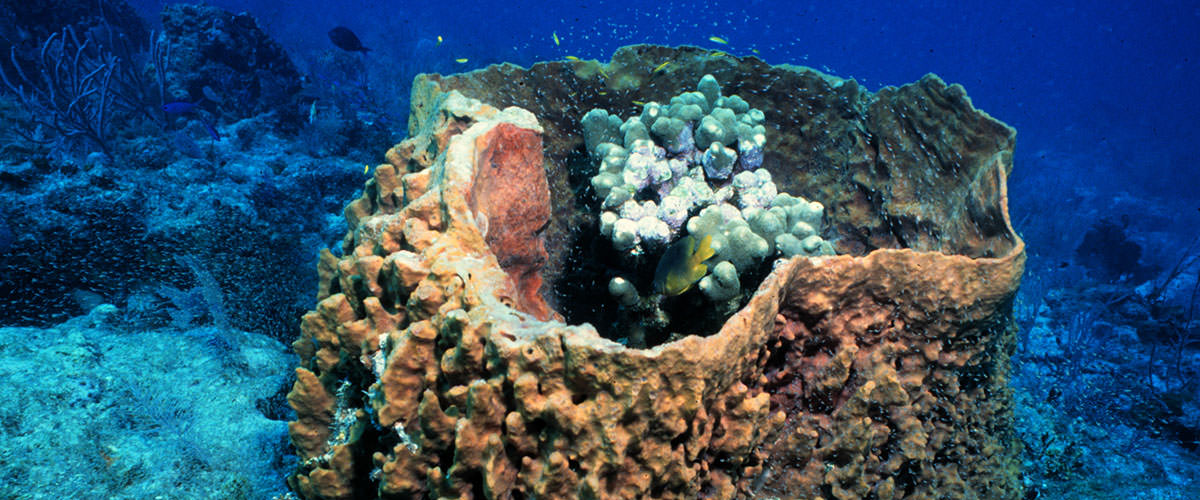Florida Keys

Click on individual links below to learn more about the immediate science needs for critical management issues. For a full list of management issues and science needs, please review the FKNMS Management Plan, and the FKNMS Science Plan. To contact us about the science needs described below, contact the Sanctuary Research Coordinators.
The effects of climate change have the potential to impact Florida Keys National Marine Sanctuary. Sanctuary managers require information to conserve and restore biodiversity, ecosystem function, and ecosystem services. (Updated January 2023)
New information and strategies to enhance coral reproduction and recruitment are required to better protect Florida Keys National Marine Sanctuary reefs. These include techniques to address bottlenecks that have hindered large-scale production of corals from larval collections, enhanced production of larvae from resilient coral genotypes, and new efforts to improve habitat quality and increase natural recruitment. (Updated January 2023)
Coral reef restoration is a tool to rebuild degraded reefs, but new technologies and approaches are needed to increase the scale of restoration and improve long-term outcomes and benefits in Florida Keys National Marine Sanctuary. (Updated January 2023)
Understanding the status and trends within habitats, linkages between habitats, and potential changes due to climate change is critical to the effective management of Florida Keys National Marine Sanctuary resources. (Updated January 2023)
Information on visitors to the Florida Keys, including where they go and the recreational activities they participate in; their knowledge and beliefs toward resources; the carrying capacity of reefs for human use; and the social, economic, and cultural value and impact of reefs are necessary to effectively communicate the importance of Florida Keys National Marine Sanctuary habitats and resources and plan for better sanctuary management. (Updated January 2023)
In order to understand whether existing Florida Keys National Marine Sanctuary protected areas and proposed zoning and boundary modifications and/or new zones and regulations effectively mitigate stressors and contribute to recovery, new research and targeted monitoring is needed. (Updated January 2023)
Although components of regional circulation are understood, there is a need for a comprehensive study of the long- and short-term variations in circulation within Florida Keys National Marine Sanctuary. (Updated January 2023)
There are gaps in information on habitat utilization and migratory patterns of different life stages, locations, and behavior of fish; linkages between reef fish assemblages; and the appropriate spatial and temporal scales needed to protect both ecologically and economically fish species within Florida Keys National Marine Sanctuary. (Updated January 2023)
Water quality in Florida Keys National Marine Sanctuary is affected by local sources of pollutants and sediments, as well as regional and global stressors, sources, and inputs. Restoring and protecting water quality at all scales is essential for the overall recovery and sustainability of habitats, fish, and wildlife in the Florida Keys. (Updated January 2023)

